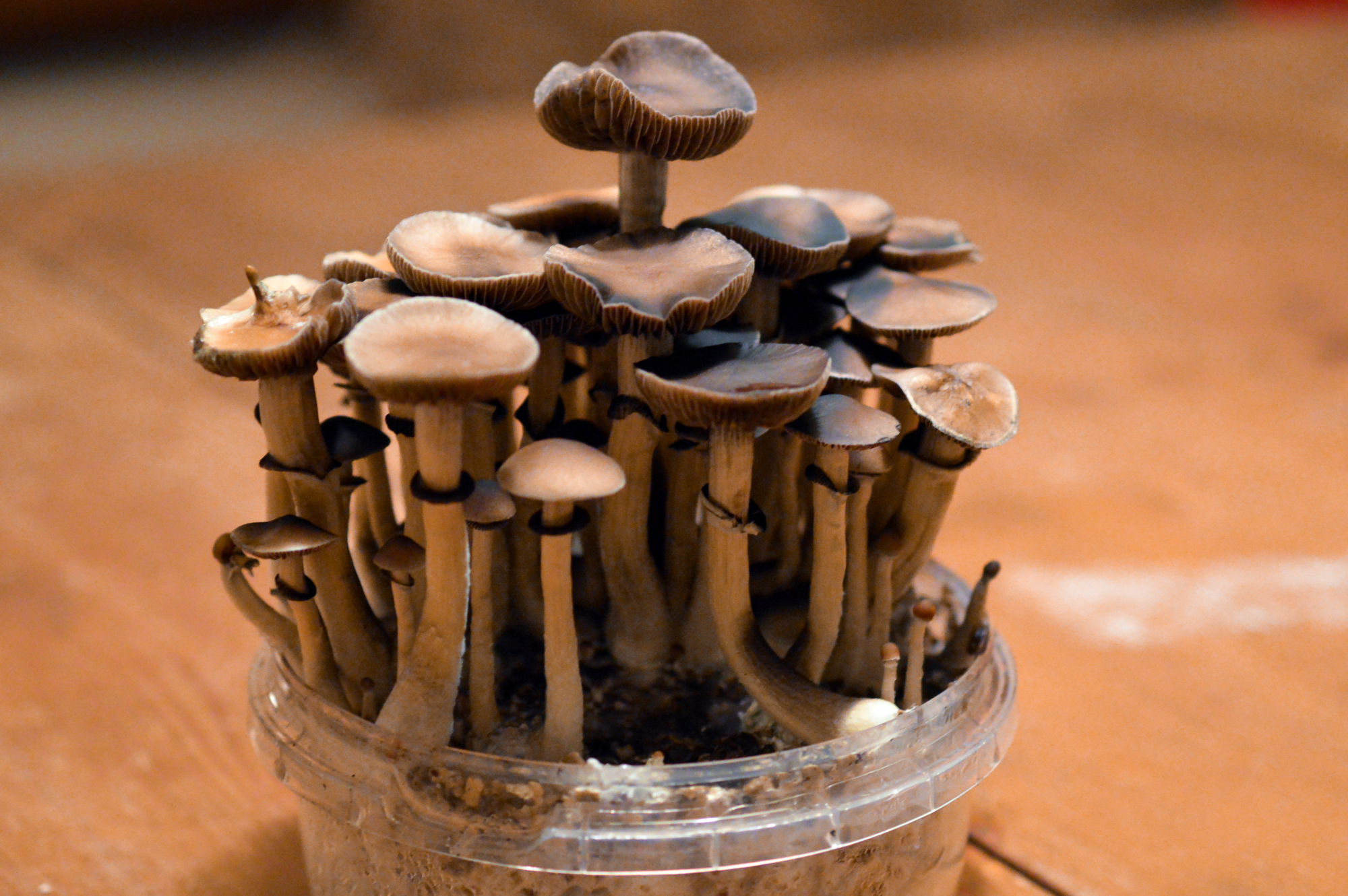Views expressed in opinion columns are the author’s own.
Last November, Maryland legalized the recreational use of marijuana with overwhelming support. Starting July 1, Marylanders ages 21 and over will be allowed to possess a “personal use amount” without the possibility of arrest or fine. While marijuana has been the poster child of the drug reform movement, there’s also benefits in the legalization of other drugs — especially psychedelics.
Psychedelics are hallucinogenic substances. They include psilocybin mushrooms, MDMA and LSD, and many are federally labeled as Schedule I drugs. Schedule I is the highest federal drug classification, requiring the characteristics of high potential for abuse and no accepted medical use. Their designation has resulted in some of the nation’s strictest drug laws, and their use is only currently permitted for research purposes.
Under Maryland’s current laws, personal possession of banned psychedelics can result in up to a year in prison and up to a $5,000 fine for one’s first offense. However, both houses of the Maryland General Assembly are considering bills that would decriminalize small possession of several drugs, including LSD and MDMA. This would reduce punishment to a first-time fine of up to $100. A maximum $200 fine, enrollment in a drug education program as well as a mental health and drug abuse assessment is punishment for three or more offenses.
Decriminalization would make arrests related to the possession of psychedelics a low priority for law enforcement, and in some cases, could remove funding toward those efforts altogether. This creates several benefits, such as reducing the social stigma around recreational drug usage and the negative effects criminalization has on communities and individuals.
While decriminalization is a step in the right direction, it is not enough. Total legalization of psychedelic drugs would bring the added benefit of government regulation of sales. With legalization, drug users wouldn’t have to buy their drugs off the street, which could protect their health and even save lives. As such, Maryland needs to prioritize the legalization of psychedelics over decriminalization.
Overdoses are common under criminalization because of the unregulated market’s tendency to mislabel drugs, often selling one drug as another or lacing two together without the consumer’s knowledge. Disinformation can easily lead to overdoses and is the cause of many deaths and severe health problems. If psychedelics were legalized, government bodies would regulate them, adding another layer of security to improve the safety of the drug market.
Beyond recreation, legalizing psychedelics would be beneficial as some studies suggest they can potentially be used to treat some mental health disorders. In 2017, the Food and Drug Administration designated MDMA a “breakthrough therapy” for post-traumatic stress disorder, demonstrating substantial results in early trials compared to current treatments. The FDA also named psilocybin a breakthrough therapy in recent years for treatment-resistant depression and major depressive disorder. Many veterans are becoming strong advocates for psychedelics, saying their usage helps aid their mental health struggles. With legalization, these groups could be granted the opportunity to have life-changing treatments.
However, some feel that because most of this research is fairly new, and there is much unknown about how these drugs affect individuals, we ultimately don’t know enough about them to justify legalization. While I do agree there is a lot more to be learned about psychedelics, that shouldn’t completely discount them from legalization. Legality doesn’t deter people from using drugs as an estimated 5.5 million Americans used psychedelics in 2019. But with legalization, these millions of users could be much safer, and we shouldn’t deny them protection because of a lack of research.
It should also be noted that there have been no known fatalities or links to physical addiction from “magic” mushrooms and LSD taken alone.
While many will point out there is still a possibility to develop dependence on these drugs, one could form a dependence on anything; your phone, prescribed medications or simple habits. Dependence is only an issue when you continue using these mechanisms to the point of harm, which is when it becomes an addiction. While deaths and overdoses related to psychedelics are a real issue, legalization can certainly be a form of harm reduction through continued research, educating consumers, selling unlaced products and making users feel safe to seek medical attention when needed.
Maryland’s recent legalization of marijuana is a good advancement for the drug reform movement, but the state should not stop there. Legalization of psychedelics for medical and recreational use is what Maryland needs to use to further discover psychedelics’ mental health benefits and legalization’s usage protection.
Kyra Freeman is a sophomore philosophy, politics and economics major. She can be reached at freemankyra04@gmail.com.



